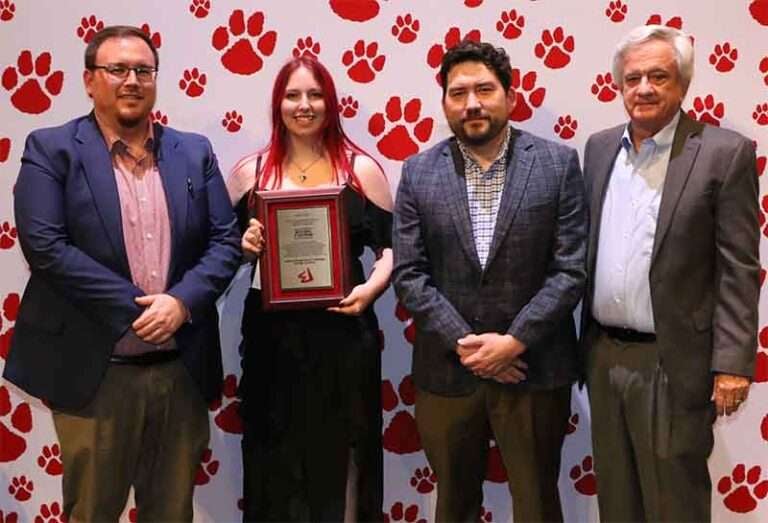By Tim Thornberry
Special to NKyTribune
If there is anyone from Kentucky who is a bigger industrial hemp advocate than Agriculture Commissioner James Comer, it is likely U.S. Rep. Thomas Massie, who stood beside Comer when state legislation was being passed to allow an administrative framework be set up.
Massie, a Republican who represents the 4th District stretching across Northern Kentucky, has been leading the charge at the federal level. Recently, he joined a host of others in co-sponsoring an amendment that would keep the federal government from using taxpayers’ dollars to hinder research production efforts.

Earlier this year, Massie introduced the Industrial Hemp Farming Act of 2015 (HR525), which would amend the Controlled Substances Act to remove industrial hemp from the list of controlled substances.
And it was an amendment he sponsored in the 2014 Farm Bill that granted states research rights when it came to cultivating industrial hemp.
This latest legislation was a part of the Commerce, Justice, Science appropriations bill, which funds many government agencies, including the Department of Justice and the Department of Commerce. It is the result of the situation that arose in 2014 when the federal government held up hemp seed delivery to Kentucky’s waiting research projects.
“Their seeds were confiscated by an overzealous DEA, that is turning a blind eye to marijuana in Colorado and Washington State, but the DEA saw fit to come to Kentucky and harass our state department of agriculture that had non-psychoactive hemp seeds,” Massie said.
It took a lawsuit on behalf of the Kentucky Department of Agriculture and this same legislative amendment introduced by Massie to get those seeds released.
That amendment became law as part of the Omnibus Bill which means it remains in affect until Sept. 30, when the bill expires.
“Whenever you amend an appropriations bill to achieve a desired effect, it doesn’t become permanent law, it only lasts for the length of the appropriation, which is one fiscal year,” said Massie. “That’s why I reintroduced this amendment so this fiscal restraint on the DEA will also be in place in the 2016 fiscal year. And this time it passed by an even larger majority than last year.”
He sees this as growing support from Congress to allow industrial hemp to once again become a production agriculture crop.
“Just about every week I get a new co-sponsor for HR525 and that’s one of the reasons these amendment votes are important. They show a level of support for industrial hemp in Congress that keeps growing,” said Massie.
He added that these vote totals will show leadership and committee chairs the will of the House is to allow the growing of industrial hemp and therefore HR525 should be passed out of committee and allowed a vote on the floor.
One positive move that happened this year with the amendment that did not happen in 2014 is the support from the chair of the Judiciary Committee, the committee of jurisdiction for HR525.
Congressman Bob Goodlatte (R-Virginia) chairs that committee and in his home state, hemp research legislation passed in 2014 by a nearly unanimous vote.
“What’s happening here to motivate federal legislators is that the state legislatures are passing industrial hemp initiatives in their own states,” Massie said.
From an agricultural standpoint, hemp is thought by many to be a viable replacement for tobacco in Kentucky.
Massie, who raises cattle on a former tobacco farm, said he is acutely aware of the need to find a replacement crop even though it may not be on a one-for-one basis.
But there are some sectors within the hemp industry that hold promise from a financial standpoint including its use in pharmaceuticals.
“The majority of the venture capital that’s starting to come into the hemp field is focused on pharmaceutical applications not for THC but for CBD (cannabidiol) oils,” said Massie.
Cannabinoids are extracts derived from industrial hemp that are often used in medical research.
David Williams, UK College of Agriculture, Food and Environment agronomist and co-project lead for the university’s hemp research said some of that cannabinoid research, which until now has been conducted indoors, is going outdoors in fieldscape production at UK, something that may hold the key to it being a potential replacement crop for tobacco producers.
“I’ll underline and bold that word ‘potential,’” said Williams cautiously. “If a tobacco production model yielded more cannabinoids than a direct-seeding model, it could be a ‘potentially’ wonder thing for Central Kentucky farmers to have a ‘potential’ alternative crop that might be just as profitable as tobacco used to be.”
The House passed the CJS appropriations bill by a vote of 242-183. The legislation will now need Senate passage before going to the president.
Tim Thornberry is a freelance writer and photographer who has covered Kentucky agricultural and rural issues for various publications since 1995.

















